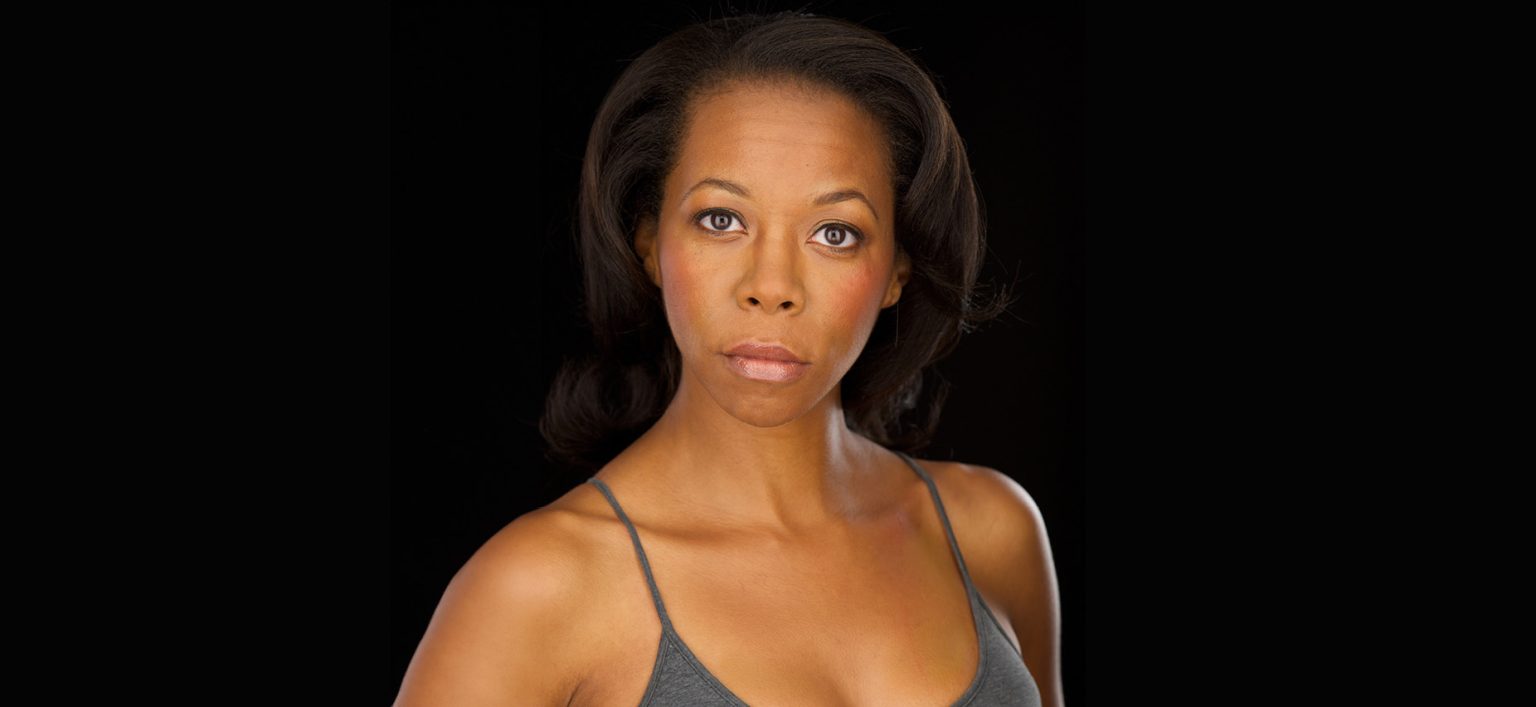1. How were you hired to direct the advanced studies summer show at Redhouse?
I’ve had a relationship with the Redhouse Arts Center for almost 15 years as an actor. Recently, I started working there as a director. I’ve known their education director (Marguerite Mitchell) during all that time and just recently began working with their advanced studies summer camp. They have a wonderful education and outreach team at the Redhouse – very dedicated educators and teaching artists. Their goals are to place students in a rehearsal environment with working theater professionals to help build their confidence and experience.
Last year, we produced a high school version of the musical Rock of Ages. There was an added challenge of working with a live band in the pit. Working with the advanced studies students was a lot of fun. We had two weeks to mount the show from scratch, which is typical in the summer camp theater world. The students attend camp every day, Monday through Friday, from 9 a.m. to 3:30 p.m. There is a performance for the public on the last day of the camp. It was a challenge to move through the show that fast, but the students were up for it and learned everything quickly. They were smart, created characters with depth, and were passionate about their work. This made directing them easy and fun to do each day. I’m returning this summer to direct their advanced studies students again. I can’t wait to get started!
2. What is the most rewarding part of directing the summer show?
One of the biggest considerations when producing a show this quickly is making sure students feel challenged by the work so they can grow in their skill sets while giving them room to be a teenager and have fun. When they begin to positively push themselves and each other to work at the highest level of their intelligence, when they apply notes from a previous rehearsal to a new moment in rehearsal without being asked, when they ask to take part of their free time (like during a break or after lunch) to work on something from the show, that’s the most rewarding. When they begin to care personally about the show because they are proud of their work on it, that is the most rewarding part of directing their summer show.
3. Who can participate?
The advanced studies program is for teens ages 13 and up. The camp is best designed for teens with previous show experience, especially with prior musical theater experience.
4. How did you become the Artistic Director of the University of Miami’s Summer Theatre Academy?
I’ve taught with different performing arts camps over the years, one of my favorites being the Center of Creative Arts in St. Louis, MO (COCA). COCA was a nurturing environment to work in and gave me a strong appreciation for the positive effect arts education and outreach can have on a community.
Once I started working as a college lecturer with the University of Miami’s Department of Theatre Arts, I immediately became involved with its Summer Theatre Academy. After working numerous summers with STA, teaching a variety of classes, and co-directing the student showcase each summer, it was a natural transition to become the Artistic Director in 2011. I served as AD from 2011 to 2016, 2019 to 2023. Last summer was my final summer. It was one of the best jobs I’ve ever had!
5. Can you talk to us about the Summer Theatre Academy and what it entails?
The Summer Theatre Academy is a performing arts day camp, offered each summer on the University of Miami’s Coral Gables campus, and actually started over thirty years ago. STA is part of the University of Miami’s Department of Theatre Arts and is managed by theater education professionals who teach year-round.
The camp prioritizes creativity, process, learning, and fun. STA days are divided into classes. In recent years, classes have included acting, music, dance, film, playwriting, improv, and stagecraft. Students attend both classes and rehearsals multiple times a week, working on projects planned for their specific age group, and sometimes developing their own material. This structured schedule allows each student to be as involved in the creative process as they would like. Each summer ends with a showcase of the campers’ work, where every student performs dances, scenes, and musical theatre numbers on stage with their group during an evening of theatre for their friends and families.
6. What values do you hope to instill in the students you work with?
With STA, my goals for the students are for them to gain theatre skills, communication skills, confidence, self-esteem, and a love of creativity.
With my university students, I share many of those goals and hope they learn how to discuss art in a focused and constructive manner. I hope they use storytelling to challenge themselves and their audiences to reexamine their relationship with humanity. I hope they develop a strong point of view through their work. I hope they create a theatre that is both entertaining and enlightening. More than anything, I hope they learn how to collaborate with kindness.





